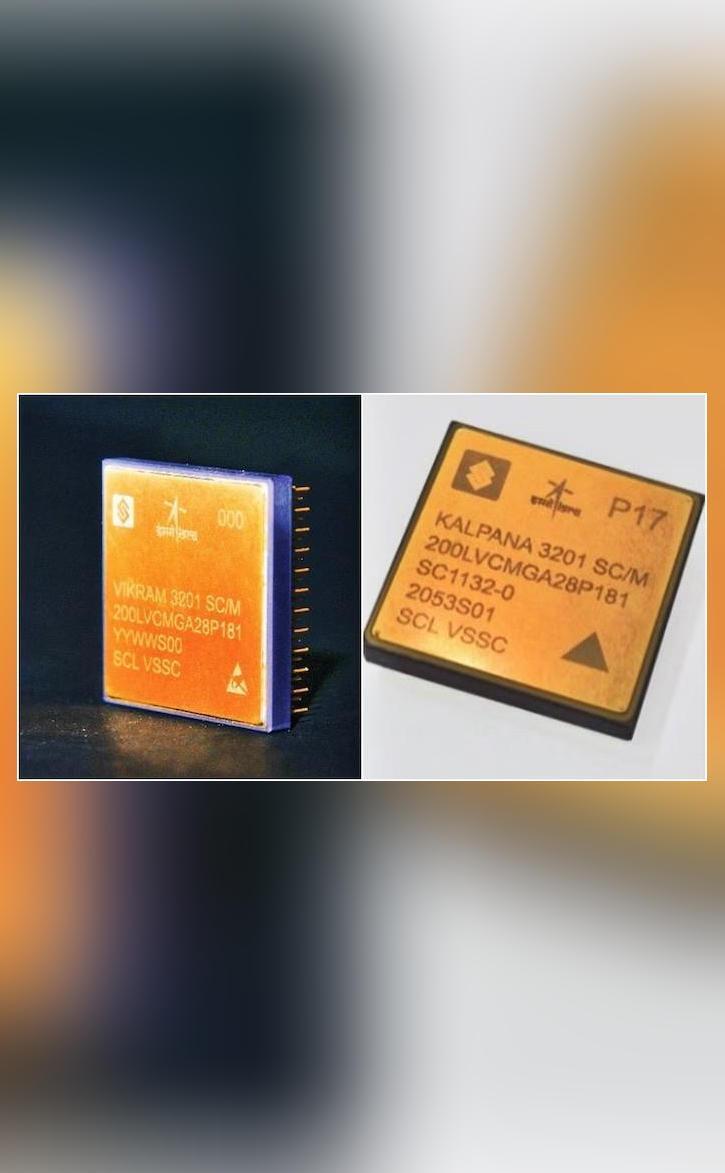
ISRO & SCL Develop 32-bit Microprocessors for Space Applications
The Indian Space Research Organisation (ISRO) and the Semiconductor Laboratory in Chandigarh have achieved a significant milestone in the field of space technology by jointly developing two 32-bit microprocessors, VIKRAM3201 and KALPANA3201. These microprocessors have been designed specifically for space applications, and their development is a testament to India’s growing capabilities in the field of space technology.
The Need for Customized Microprocessors
Space applications require microprocessors that can withstand extreme environmental conditions such as high temperatures, radiation, and vibrations. Off-the-shelf microprocessors are not suitable for these applications as they are not designed to withstand these harsh conditions. Therefore, ISRO and SCL collaborated to develop customized microprocessors that can meet the specific requirements of space applications.
VIKRAM3201: The First “Make-in-India” 32-bit Microprocessor
VIKRAM3201 is the first fully “Make-in-India” 32-bit microprocessor that has been qualified for use in the harsh environmental conditions of launch vehicles. This microprocessor has been designed to operate in temperatures ranging from -20°C to 100°C, making it suitable for use in space applications. VIKRAM3201 has been designed with a focus on high reliability, low power consumption, and high performance.
KALPANA3201: A High-Performance Microprocessor
KALPANA3201 is another 32-bit microprocessor developed by ISRO and SCL. This microprocessor has been designed to provide high performance, high reliability, and low power consumption. KALPANA3201 is designed to operate in temperatures ranging from -20°C to 100°C and has been qualified for use in space applications.
Key Features of VIKRAM3201 and KALPANA3201
Both VIKRAM3201 and KALPANA3201 microprocessors have several key features that make them suitable for space applications. Some of these features include:
- 32-bit architecture for high performance and high reliability
- Operating temperature range of -20°C to 100°C
- Low power consumption to reduce heat generation and increase battery life
- High reliability to ensure uninterrupted operation
- Customized design to meet specific requirements of space applications
Benefits of Indigenous Development
The indigenous development of VIKRAM3201 and KALPANA3201 microprocessors by ISRO and SCL has several benefits. Some of these benefits include:
- Reduced dependence on foreign suppliers
- Increased control over the design and development process
- Ability to customize the microprocessors to meet specific requirements of space applications
- Reduced costs due to reduced reliance on foreign imports
- Increased confidence in the quality and reliability of the microprocessors
Future Plans and Applications
ISRO and SCL plan to use VIKRAM3201 and KALPANA3201 microprocessors in various space missions, including launch vehicles, satellites, and spacecraft. These microprocessors will be used to control and manage the various systems of these spacecraft, including navigation, communication, and propulsion.
Conclusion
The development of VIKRAM3201 and KALPANA3201 microprocessors by ISRO and SCL is a significant milestone in the field of space technology. These microprocessors have been designed specifically for space applications and have several key features that make them suitable for use in harsh environmental conditions. The indigenous development of these microprocessors will reduce dependence on foreign suppliers, increase control over the design and development process, and reduce costs. ISRO and SCL plan to use these microprocessors in various space missions, and their development is expected to have a significant impact on the field of space technology.
Source:






